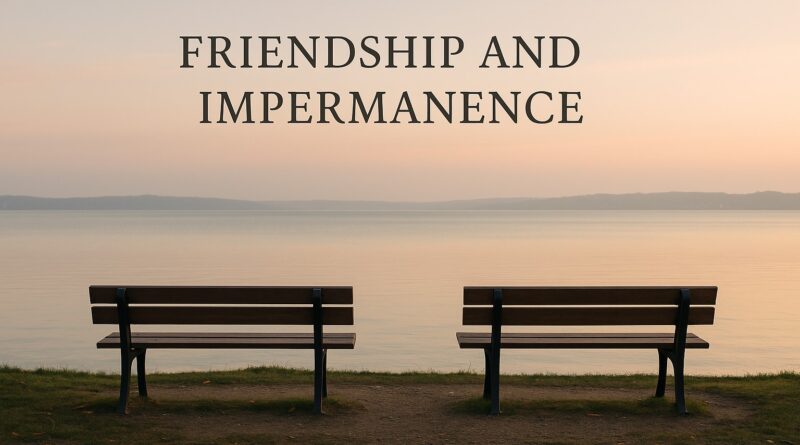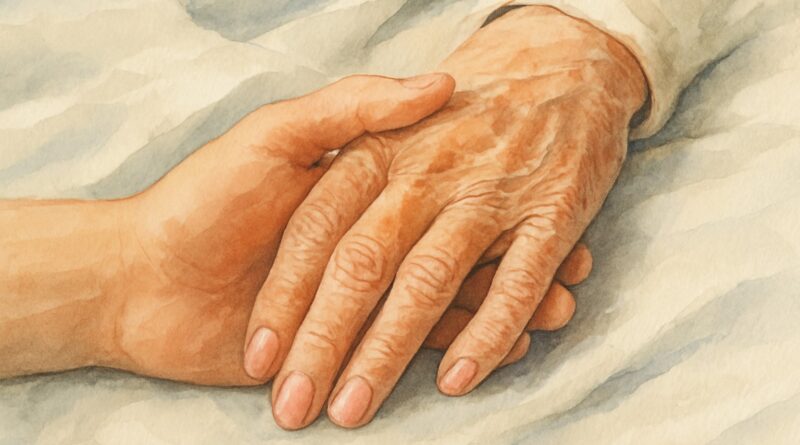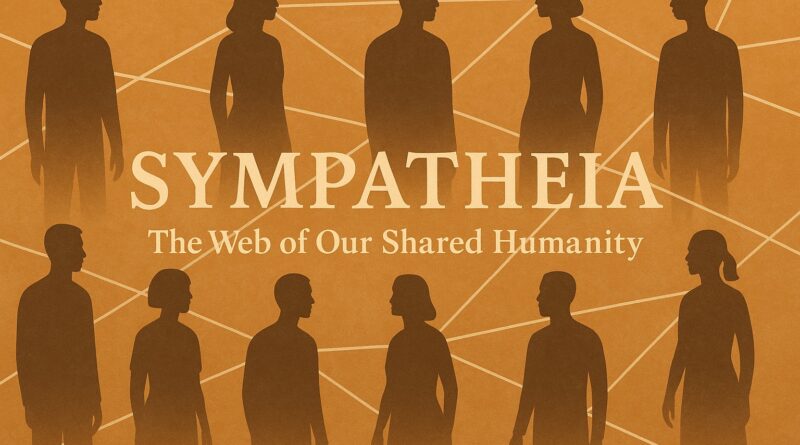Rehearsing Virtue in Small Daily Acts
At The Portico café in downtown Tampa, I paused my work to sit with a man who had just been released from prison. He was unsure what to do next. I offered coffee, listened, and waited until the manager returned to connect him with help. It wasn’t a big deal, but later, I realized how much peace there can be in simply giving someone attention for a few minutes.
In the past, I invited my widowed neighbor to join my husband and me for our usual Taco Tuesday after she told me her daughter had been declared cancer-free. She later said how much the evening meant to her. Those simple moments, one with a stranger, one with a friend, reminded me that compassion is a practice. The Stoics taught that virtue is built not in theory but in repetition, through the small choices that make us steady and kind.
Read more










